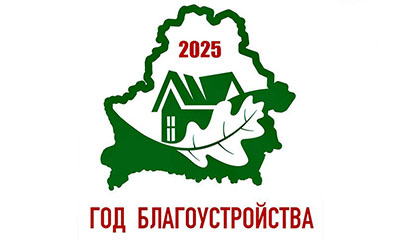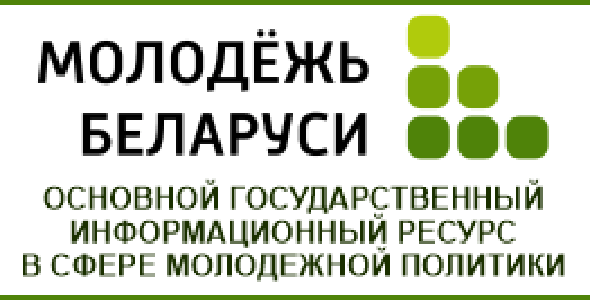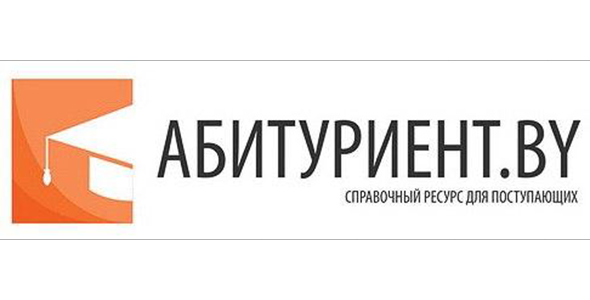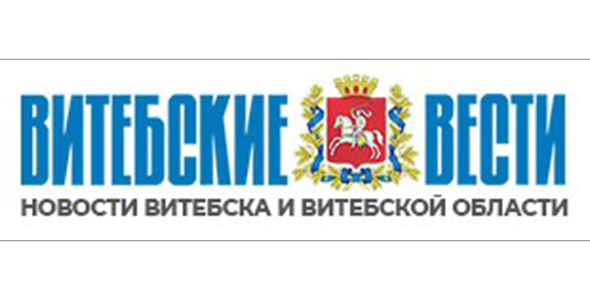For the second time, Vitebsk State University named after P.M. Masherov has become a venue for the International Scientific and Practical Conference on the Preservation and Promotion of Cultural Heritage: Global and Domestic Experience. Among the organizers of the scientific forum are the Scientific and Educational Center 'Spadchyna Vitsyebskay Ziamli' of the Faculty of Humanities and Language Communications at Vitebsk State University, the Department of Culture of the Vitebsk Regional Executive Committee, and Termez State University (Republic of Uzbekistan).
More than 90 participants are taking part in the conference, which is held in both blended and distant format. These include scholars and practical specialists, employees of museums, archives, and libraries from Belarus, Russia, and Uzbekistan, as well as staff from the Ministry of Culture of the Republic of Belarus and the Department of Archives and Records Management of the Ministry of Justice of the Republic of Belarus.
During the solemn opening of the conference on behalf of the leadership of Vitebsk State University named after P.M. Masherov, all the participants were greeted by the Vice-Rector for Scientific Affairs, Evgeny Arshanskiy, Doctor of Pedagogical Sciences and Professor. Evgeny Yakovlevich emphasized the importance and relevance of holding such events and wished everyone productive work.
The welcoming address from the Deputy Minister of Culture of the Republic of Belarus, Sergey Sarakach, was delivered by the head of the Department of History and Cultural Heritage at Vitebsk State University, Anatoly Dulov, a candidate of historical sciences and associate professor. In particular, it mentioned that in the Vitebsk region, the preservation of cultural heritage has its own peculiarities, as it is here that the "cradle" of Belarusian statehood, ancient Polotsk, is located. Additionally, the region is home to the oldest cult stone structure - the St. Sophia Cathedral, two stone churches from the 12th century - the Annunciation Church in Vitebsk and the Transfiguration Church of the Spaso-Yefrosinia Monastery in Polotsk, 28 museums, the State Archive of the Vitebsk Region, and a number of other iconic objects significant to global and national culture.
Then, Denis Yurchak, the chief specialist of the Culture Management Department of the Vitebsk Regional Executive Committee, a candidate of historical sciences, associate professor, and an alum of our university, and Sergei Nikolaenko, the dean of the Faculty of Humanities and Language Communications, a doctor of pedagogical sciences, and professor, addressed the participants of the conference with a welcoming speech.
"This conference, first and foremost, helps to unite the efforts of practitioners and theorists to develop a unified approach to the accounting and preservation of cultural heritage and to determine the directions for improving legislation in this field," noted Denis Valeryevich.
The conference began with a panel discussion moderated by Denis Yurchak, and the experts included Vitebsk architects Alexander Mikhalyuk, Igor Rotko, Evgeny Kolbovich, Felix Leibinsky, and Gleb Orlovsky. They focused on key issues in restoration work using Vitebsk and its region as examples and proposed possible solutions.
In addition to this, the two-day scientific forum program included three plenary sessions, a tour of the rare book collection at the Vitebsk State University library, where the staff has prepared an exhibition of rare publications, and a presentation of books by Dr. Tatiana Kotovich, a professor of art history, titled "Vitebsk: Five Squares," and by Nikolai Malishevsky, "10 Centuries of Kolozha's History."
"We have been cooperating with Vitebsk University for a long time, including within the framework of the joint international project BRFFR-MIDRU 'Prince Olgerd and Amir Timur: Actualizing the Middle Ages in the historical memory of the Republic of Belarus and the Republic of Uzbekistan at the national and regional levels,'" noted Jalalitdin Mirzaev, a candidate of historical sciences and associate professor from Termez, Uzbekistan. "Our regions have a lot in common: statehood originated in the lands of Vitebsk and Termez in the past, and many historical monuments have been preserved to this day. It is all the more interesting to exchange experiences with Belarusian colleagues. We compare, study, and develop the tourist potential of our cities. We always eagerly respond to invitations and come to Belarus, inviting expert colleagues to visit us, thus promoting friendly relations between our peoples."
The participants of the conference also noted the broad range of issues presented in the reports, their diversity, and relevance. For example, Denis Yurchak and Alexander Baranovski, candidates of historical sciences and heads of the department of scientific information at the Institute of History of the National Academy of Sciences of the Republic of Belarus, graduates of our university, presented a report on the significance, problematic aspects, and the need for updating "Collection of Monuments of the History and Culture of Belarus" (published in the 1980s).
"Today, due to various issues related to the localization of certain monuments, the emergence of new cultural heritage objects, and so on, we need an updated 'Monument Collections,'" commented Alexander Viktorovich. "Of course, this is a large-scale effort that should involve scholars from the National Academy of Sciences, government and local authorities, museum representatives, universities, local historians who are knowledgeable about local history... And the conference 'Preservation and Popularization of Cultural Heritage: International and Domestic Experience' is an excellent opportunity to raise and discuss these issues. It's great that Vitebsk has become a flagship in this direction. I am confident that the tradition of holding the conference will continue, and the list of organizers will include the Institute of History of the National Academy of Sciences."
The chief organizer of the conference, Anatoly Dulov agreed with the speech of the colleague and noted the following:
"In the near future, a collection of materials will be published, which was compiled with the participation of the editorial board, including the head and employees of the Department for the Protection of Historical and Cultural Heritage of the Ministry of Culture of the Republic of Belarus. By the way, the cover of the conference program and collection features a watercolor by the Vitebsk architect Alexander Mikhailyukov (we sincerely thank Alexander Dmitrievich for providing the artwork). As demonstrated by the academic forum, the discussed issues elicit a lively response and interest from the participants. The conference contributes to identifying problems in the sphere of heritage conservation that require solutions. Therefore, in two years, we will once again gather within the hospitable walls of our university. The Ministry of Culture and the Institute of History of the National Academy of Sciences of Belarus will be among the co-organizers of the conference, which, I hope, will make the conference more extensive and significant."




























